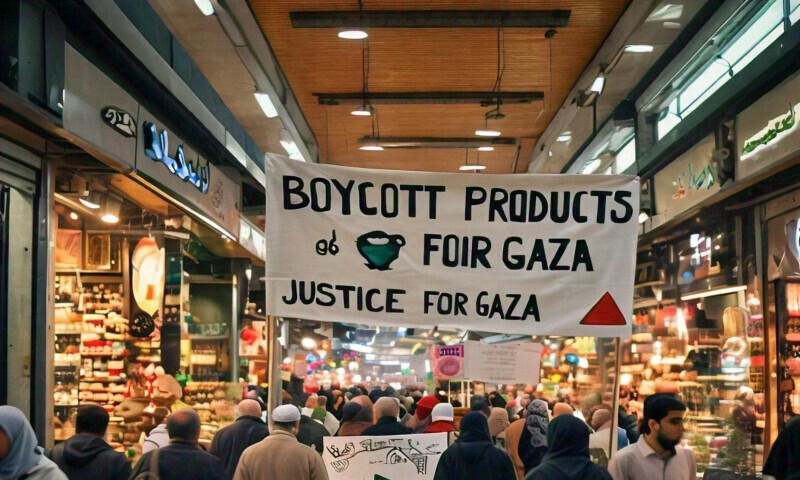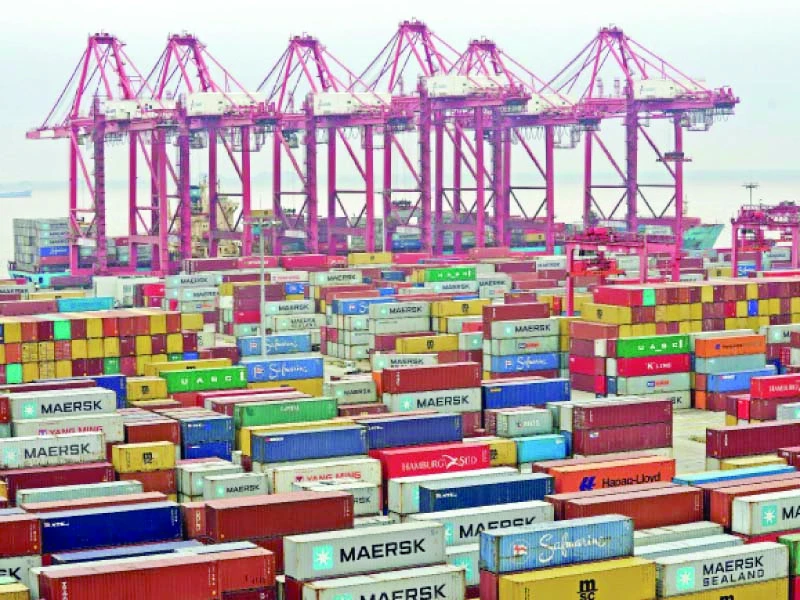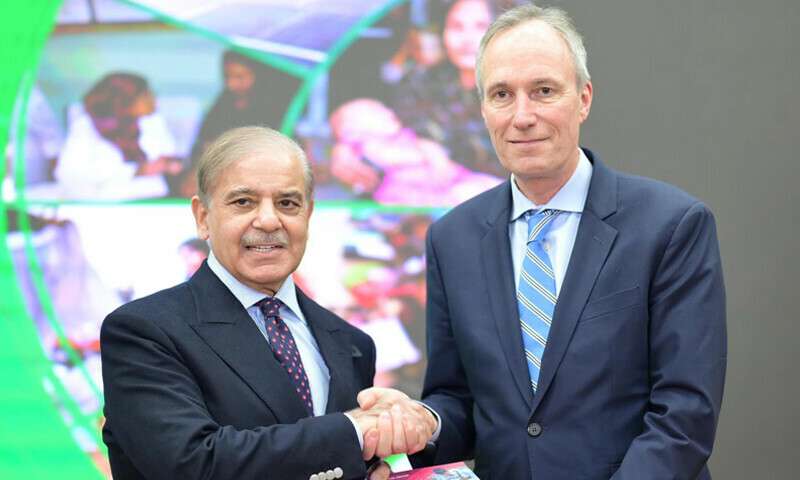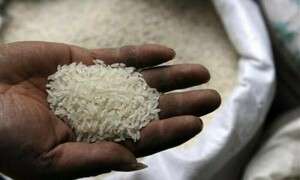In the midst of a raging conflict, a poignant story emerges—a fire and a little sparrow. As flames devour the landscape, the tiny bird tries to help by flying to a pond, filling her beak with a drop of water, and releasing it onto the blaze. When questioned by a crow perched nearby, the sparrow replies, “To satisfy my conscience.” This tale mirrors Pakistan’s boycott movement against Israeli products, motivated by moral conviction despite its negligible economic impact on Israel.
The BDS Movement’s Resurgence
Over the past year, the Israeli bombardment of Gaza has claimed over 41,000 civilian lives, and a year has passed since the October 7 attacks reignited the Boycott, Divest, Sanctions (BDS) movement. Though the roots of BDS run deep, dating back over two decades, it has gained renewed momentum in Pakistan.
Historically, boycotting brands linked to Israel or its U.S. supporters isn’t a novel approach. In the 2000s, several American companies reported sales drops of 25% to 40%. During that time, products like McDonald’s and Coca-Cola were targeted, with protests leading to violence in some regions. Local alternatives flourished, such as Zam Zam Cola in Iran and Star Cola in the UAE.
Shift to Local Alternatives
In Pakistan, the past year has seen significant shifts in the carbonated beverage market. “Previously, about 90% of market share in restaurants belonged to Coca-Cola and Pepsi. Now, local brands have likely captured more than 90%,” says Salman Aleem, Secretary General of the All Pakistan Restaurant Association. He notes that while supply chain issues persist, consumer demand has shifted towards local cola brands, prompting restaurants to comply.
Local brands like Cola Next and Pakola are capitalizing on the growing demand. A Reuters report cites a rise in local cola brands, increasing their market share from 2.5% to approximately 12%. However, the boycott’s impact on PepsiCo and Coca-Cola remains selective, as the boycott largely targets carbonated drinks while their other products, such as Aquafina and Lay’s, see less scrutiny.
Despite the boycott, Coca-Cola reported a net revenue of $45.8 billion in 2023, and PepsiCo reported $91.5 billion, indicating that Pakistan’s entire carbonated beverage market—which totals around $1 billion—amounts to a mere 0.7% of their combined sales.
The Cultural Embeddedness of Brands
Both Coca-Cola and Pepsi have woven themselves into Pakistan’s cultural fabric. Coca-Cola sponsors popular events like Coke Studio, while PepsiCo is the shirt sponsor of the national cricket team. These ties complicate consumer choices, as the emotional and cultural connection to these brands often outweighs the political motivations behind the boycott.
Among fast food chains, McDonald’s and KFC have faced scrutiny. McDonald’s globally has noted a lasting impact from the conflict. The company reported a significant dip in sales due to the boycott, even as it distanced itself from controversial actions by its Israeli franchise.
The KFC franchise in Pakistan, owned by the Cupola group, also faces boycott pressure. Despite this, local brands like Kebabjees are experiencing growth, yet this is more due to macroeconomic conditions than the BDS movement itself.
FMCG and Shifting Consumer Behavior
Fast-moving consumer goods (FMCG) companies in Pakistan have deep local roots, providing significant employment and manufacturing capabilities. Unilever’s Amir Paracha noted earlier this year that foreign companies, including his own, have been affected by the boycott. However, the impact has been limited, with local demand for multinational brands remaining strong due to aspirational consumer behavior.
Some international brands have seen a decline in demand, leading consumers to seek local alternatives—often dubbed ‘dupes’—for products like beauty and personal care. For instance, Meclay London, a local shampoo brand, saw increased demand during the boycott as consumers sought cost-effective options amidst high inflation.
The Complexity of the BDS Movement
The BDS movement illustrates the complexities of consumer boycotts, especially when those boycotted products are embedded in everyday life. For instance, Google and Amazon are part of a project that supports the Israeli government, yet many use their services daily without consideration of the political implications.
The BDS movement thrives on social media, with platforms like Meta facing accusations of censorship against pro-Palestinian voices. The dilemma remains: can boycotting large corporations significantly impact their operations, or does it merely serve as a form of protest without tangible results?
Ultimately, if the intention is to voice opposition to Israeli actions through all available means, then Pakistan’s boycott movement—like the sparrow’s efforts to extinguish the flames—serves to satisfy the conscience of its participants, even if its actual impact remains minimal.



